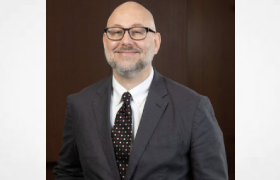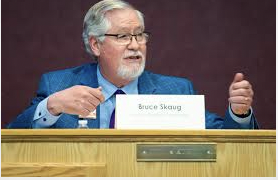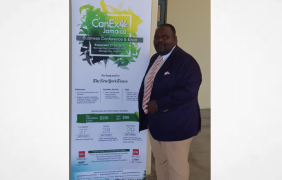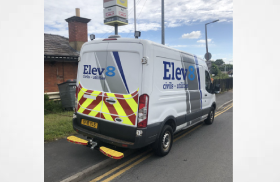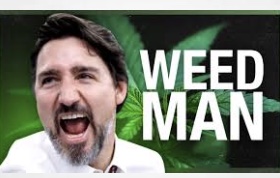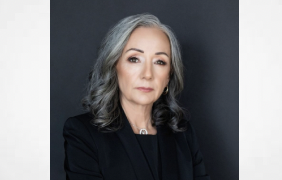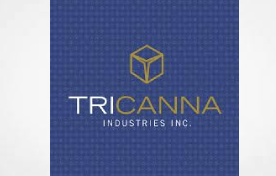With medical and adult recreational use cannabis now legal in Maryland, questions about how to navigate the public health implications remain. Answering them requires expertise in both cannabis laws and public health policy.
The Cannabis Legal Resource Center (CLRC), launched by the University of Maryland Francis King Carey School of Law and the Maryland Department of Health, aims to help untangle the complex relationships between cannabis law, public health and policy. Led by cannabis law and policy expert Mathew Swinburne, the CLRC works to support public health officials, legislators and community groups across the state.
“We are here to educate Maryland’s public health community about cannabis law and policy and how it impacts public health and to also advocate for smart public health policy in the cannabis space that protects and promotes the health of Maryland communities,” Swinburne explained.
Some of the issues the CLRC is helping local agencies grapple with include whether or not medical cannabis use is permitted in Maryland schools, or how to handle drug-testing and cannabis use in the workplace. To determine its priorities, the CLRC conducted a community needs assessment involving all 24 of Maryland’s local health departments. The impact of cannabis legalization on youth emerged as a top concern.
“Legalization is changing people’s perceptions; their risk analysis is different because the state government says it’s legal,” said Swinburne. “But local health departments are especially concerned about the perceptions of youth because of the special health risks in terms of cognitive development and exposure to THC.”
Because of this, education for both young people and adults is critical. Unlike the “just say no” campaigns of the past, education about cannabis usage is far more nuanced.
“Regardless of how you feel about legalization, it’s happened here in Maryland. We need to figure out how to minimize risks and maximize benefits,” Swinburne said.
Another major focus of the CLRC’s work is the so-called “hemp loophole.” Cannabis and hemp are different varieties of the same species, Cannabis sativa. Hemp contains significantly less THC and is primarily grown for industrial purposes. Under federal law, products derived from the hemp plant are legal as long as they contain less than 0.3% delta-9 THC by dry weight. However, THC can be extracted from the hemp plant and concentrated into edible products.
Read more at
